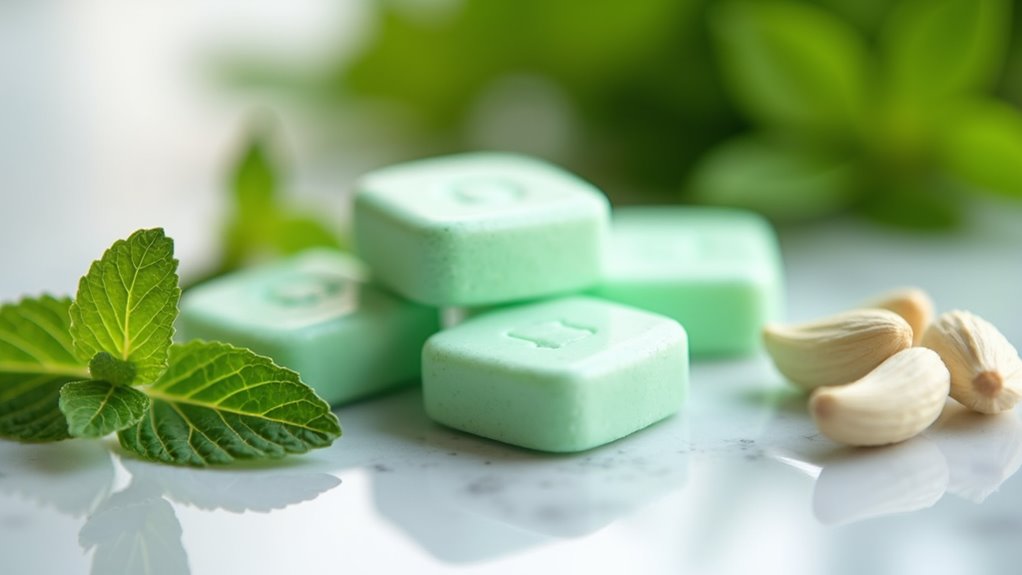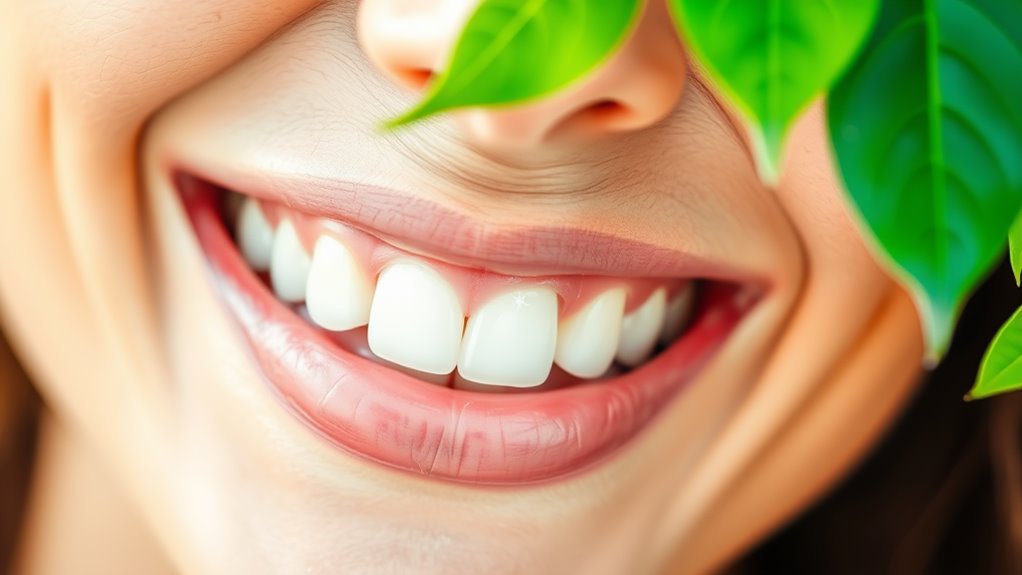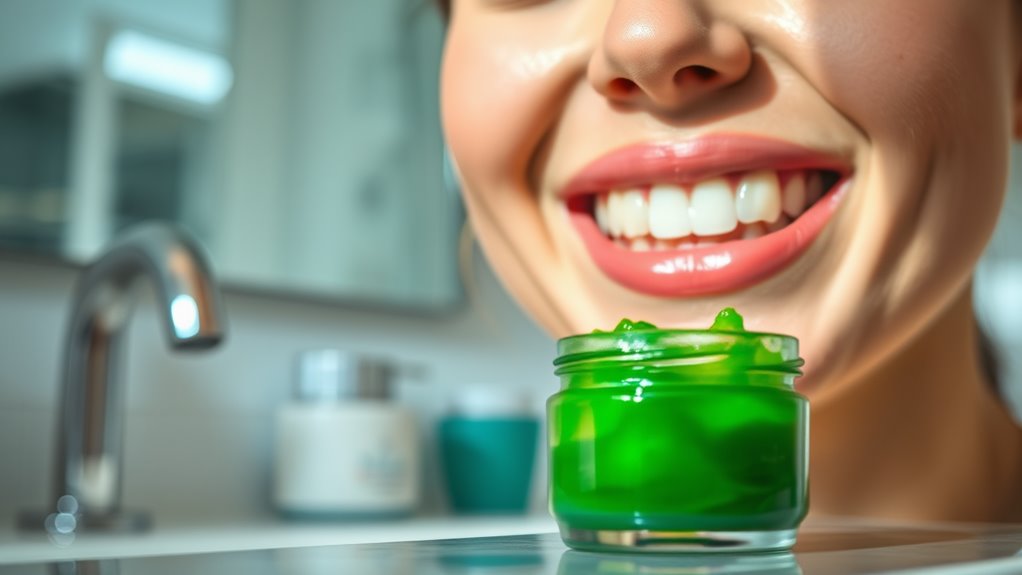Chewing This After Meals Will Keep Your Breath Fresh All Day!
You’ve probably noticed that your breath isn’t at its freshest after meals, even if you brush regularly. While mints offer temporary relief, there’s a more effective solution hiding in plain sight. Sugar-free gum can transform your oral hygiene routine with benefits that go far beyond just masking odors. From stimulating saliva production to fighting harmful bacteria, this simple habit could be the key to maintaining fresh breath throughout your day.
Why Post-Meal Chewing Makes a Difference
After finishing a meal, chewing sugar-free gum can significantly reduce bad breath and protect your oral health. This simple yet effective hack for fresh breath works by stimulating saliva production, which naturally cleanses your mouth and neutralizes harmful acids from food.
When you’re chewing after meals, you’re activating a defense mechanism that helps wash away lingering food particles and bacteria that cause unpleasant odors. The mechanical action of chewing also dislodges trapped food debris between your teeth that regular rinsing might miss.
You’ll notice the difference immediately as increased saliva flow helps restore your mouth’s optimal pH balance. This innovative chewing hack doesn’t just mask bad breath – it actively fights its root causes. Plus, if you choose gum containing xylitol, you’ll get the added benefit of preventing bacteria from sticking to your teeth, creating a longer-lasting fresh breath solution that works throughout your day. Additionally, chewing gum can aid in reducing the risk of plaque buildup on teeth.
Top Natural Breath Fresheners and Their Benefits
While many people reach for commercial mouthwashes, nature offers powerful breath-freshening alternatives that can keep your mouth naturally clean and odor-free.
You’ll find remarkable benefits in common ingredients like fresh mint leaves, which contain antibacterial properties that combat odor-causing bacteria, and parsley, which acts as a natural deodorizer through its high chlorophyll content.
Raw crunchy vegetables, especially carrots and celery, work as natural toothbrushes, scrubbing away food particles while stimulating saliva production.
Green tea serves double duty by reducing sulfur compounds and protecting against tooth decay.
You can also try chewing fennel seeds, a traditional Indian remedy that freshens breath while aiding digestion.
For immediate results, try eating a fresh apple – its natural malic acid dissolves odor-causing compounds while increasing saliva flow.
Cinnamon sticks contain essential oils that kill harmful bacteria, making them an effective and aromatic choice for lasting freshness.
Additionally, staying hydrated is essential for maintaining oral hygiene as it helps wash away food particles and bacteria that cause bad breath.
Best Ways to Incorporate Fresh-Breath Habits
Making natural breath fresheners part of your daily routine requires smart planning and consistent habits. Start by keeping your favorite breath-freshening items readily accessible – store mint leaves or fennel seeds in your desk drawer, car console, or carry a small container in your bag.
Create post-meal rituals that support fresh breath. After breakfast, chew on a sprig of parsley or mint while preparing for work. During lunch breaks, end your meal with a cup of green tea or a slice of fresh apple.
Keep a water bottle at your desk and sip throughout the day to maintain oral hydration. Set reminders on your phone to prompt you to use natural breath fresheners at strategic times. Additionally, incorporating saliva production by chewing sugar-free gum can further help in neutralizing odors.
You can also pair breath-freshening habits with existing routines – try chewing fennel seeds while checking your afternoon emails or enjoying cinnamon tea during your daily planning session.




